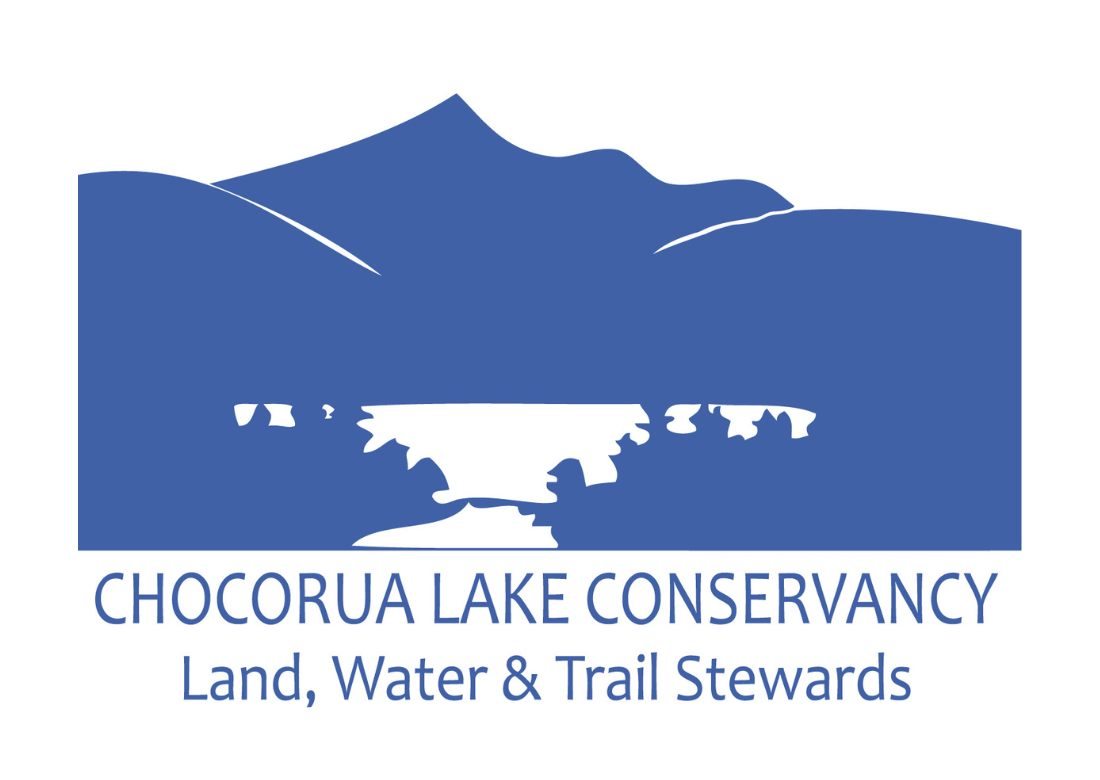When you see with the eyes of a naturalist, each new part of the landscape—field or forest, pond or stream—is full of diverse life.
On Saturday, June 10 from 10AM-12:30PM, join Chocorua Lake Conservancy Stewardship Director Debra Marnich for an early summertime exploration along the loop trails of the CLC’s Scott Reserve, in search of plants and animals who make their home in the upland forests north of Chocorua Lake. We’ll have a bit of a scavenger hunt in search of ephemeral wildflowers that have already bloomed, but with leaves and fruiting bodies remaining. Adult red-backed and spotted salamanders, toads, and gray tree frogs may be found in the forested landscape even while their young mature in the drying vernal pools.
We’ll have the opportunity to stop and check out Allen Brook and see what the water levels are doing. In 2018-2019, the CLC, in cooperation with Tin Mountain Conservation and the Natural Resources Conservation Service, completed a stream habitat improvement project on the brook to enhance stream habitat and restore floodplains that can distribute or store floodwater and decrease sedimentation in the stream. Allen Brook is a dynamic and lively stream that feeds into the Chocorua River.
The casual walk will allow exploration along moderate terrain through the Scott Reserve and on into the Nature Conservancy’s Bolles Reserve as well. We’ll stop at Heron Pond—always a nice view any time of year!
Wear comfortable walking shoes and dress in layers for the weather. A snack and water is always a good thing to have in your pockets or pack. Be prepared for insects and ticks, just in case. Kids ages 5 and up are welcome with a caregiver. Space is limited; please register in advance below.
This event has been cancelled due to weather forecast.
CLC Stewardship Director Debra Marnich holds a BS in Zoology and an MS in Forestry. Her major interests and professional focus areas include combining wildlife and forestry practices to manage for both sound silvicultural and optimum wildlife habitat, creating early successional and bird nesting habitat, pollinator habitat creation, promoting small diverse farms local food production/agriculture, promoting land conservation and protection, environmental education, and integrating all resources concerns to create a balanced conservation system.
Banner image: Visiting Heron Pond. Photo: Alex Moot

